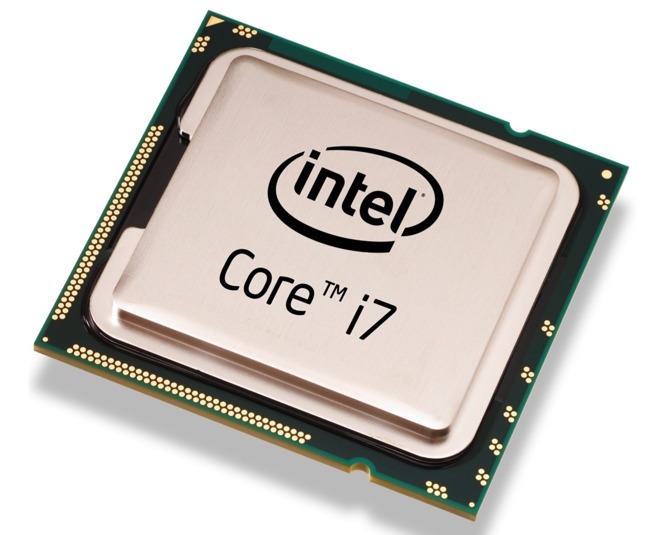Intel's legal woes surrounding the Meltdown and Spectre vulnerabilities in its processors are increasing, with more legal firms filing class action suits against the chip company, this time on the behalf of its shareholders over the revelation of the flaws and the effect on the value of the company's shares.
Four law firms have made announcements of class action lawsuits for shareholders in the last two days, starting with the Rosen Law Firm and Pomerantz on Wednesday. Separate announcements were made by Kessler Topaz Meltzer and Check as well as Block & Leviton on Thursday.
The complaints have a similar set of issues with Intel's management of the Meltdown and Spectre fiasco, alleging that Intel made false or misleading statement, or filed to disclose, a fundamental design flaw in its processors that make them vulnerable to hacking. The false and misleading statements accusation also includes the updates required to fix the vulnerabilities, which can potentially make the processors run significantly more slowly.
The law firms reason that Intel's public statements were materially false and misleading at all relevant times, and when the details of the vulnerabilities surfaced, the lawsuit claims Intel's investors suffered damages.
According to Pomerantz, the initial design flaw reporting on January 2, along with Intel's confirmation the following day, caused Intel's share price to drop $1.59 per share on January 3, or over 3.5 percent, from its previous closing price.
On January 4, the reports that Intel CEO Brian Krzanich allegedly sold shares worth millions of dollars after Intel was informed of the vulnerabilities, but crucially before they were publicly disclosed, are said to have damaged the stock price further. It is insinuated these reports helped press the share price down another $0.83 to $44.43 at closing on January 4.
All four law firms intend the class action suits to be on behalf of purchasers of the Company's securities between July 27, 2017, and January 4, 2018. All are also said to be seeking a shareholder to be identified as a Lead Plaintiff for the class, with a deadline to request to the court for the appointment of the position by March 12.
The new suits are the latest in a long line of legal issues Intel faces following the revelation of the vulnerabilities. Other class actions filed this week have been consumer-oriented, claiming customers had been overcharged or saw a loss of the purchase price for the processor, and that consumers face either buying a new computer or processor without the flaw, or continue using a computer with massive security vulnerabilities or one with significant performance degradation.
 Malcolm Owen
Malcolm Owen







-m.jpg)






 William Gallagher
William Gallagher



 Andrew O'Hara
Andrew O'Hara
 Andrew Orr
Andrew Orr



-m.jpg)






11 Comments
this was COMING! thats for sure... it was a matter of WHEN. Interesting I switched my work computer from a Haswell CPU to the new AMD 1700 overclocked. This sort of makes me feel better.
Actually they should be sueing the guy who let the information leak out before a fix was available and put in place. That guy screwed Intel stock since if a fix was already available the stock would not hardly moved. It was the fact the new was leaked and a fix was not readily available that tanked the stock. I would check the leaker investments to see if he shorted Intel.
Let see they want class action for people who bought between July and January and the stock went from 34 to 44 during that time and the CEO sold in August and another who stuck around made more than the CEO, yeah lots of harm there. I think the lawyer will have a hard time showing their clients loss money. The lawyers will make lots of money and the investor will get a free "Intel inside" stick for their computers.
This shows too many lawyers/law firms struggling for business so going after anyone they can to make money. Stocks can go up or down because of number of reasons including fake news, unknown flaws in product at the time of release. If company don't address flaws in timely manner than it's ok to allow law suits otherwise should be outlawed